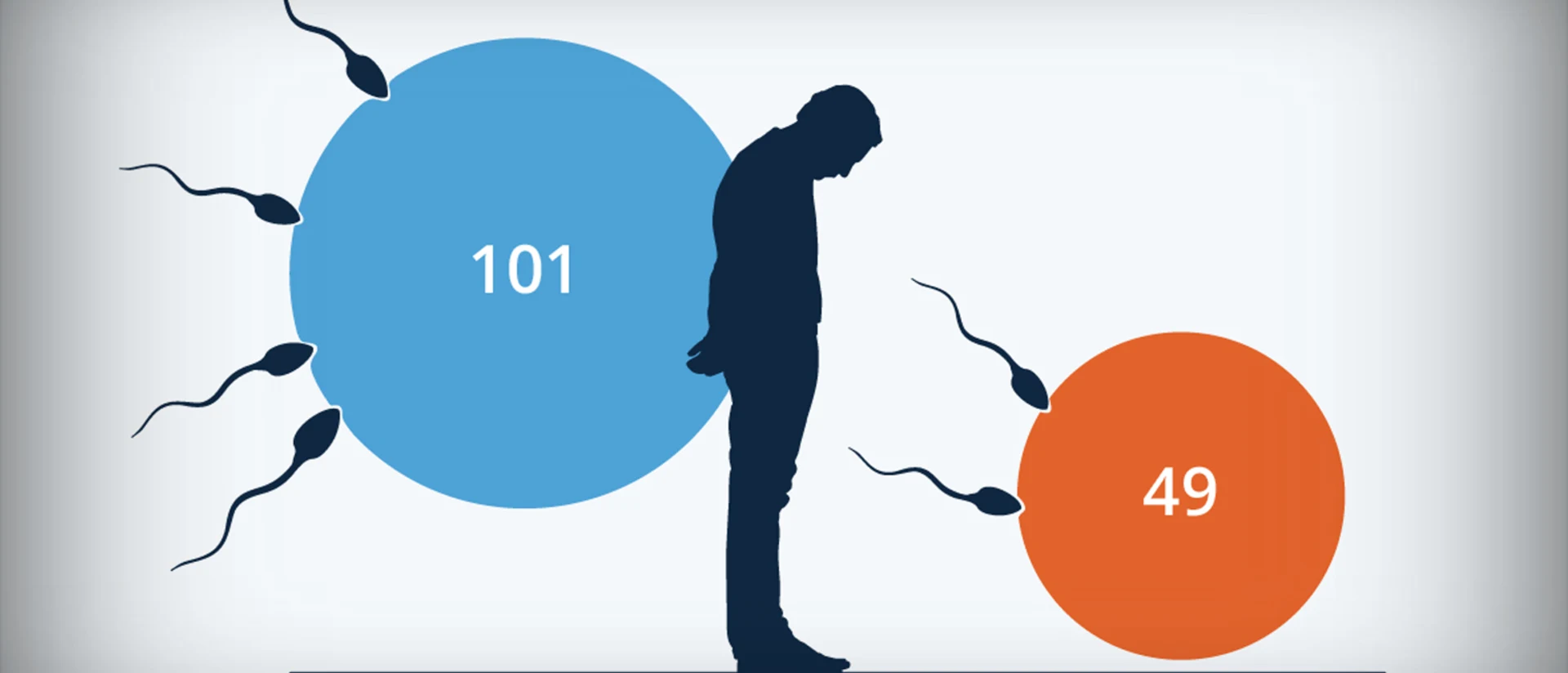by Matt Agorist, The Free Thought Project:

Sperm counts worldwide have halved over the past 45 years, according to a study published on Nov. 15 in the journal Human Reproduction Update.
The study was conducted by an international team of researchers led by professor Hagai Levine of Hebrew University of Jerusalem’s Hadassah Braun School of Public Health.
They aimed to examine trends in sperm count among men from all continents and analyzed 223 studies based on sperm samples taken from over 57,000 men across 53 countries including the United States, Europe, and Australia between 1973 to 2018.
TRUTH LIVES on at https://sgtreport.tv/
Previously, a 2017 study conducted by the same team of researchers reviewed sperm count data in North America, Europe, Australia, and New Zealand. The new analysis updates that review to include data from Central and South America, Asia, and Africa for the first time.
Researchers in the latest study found an “appreciable decline” in sperm count during that time period.
Specifically, researchers found that men in South America, Asia, and Africa shared a similar decline in total sperm counts and concentration as was previously observed in their study concentrated across Europe, North America, and Australia.
Sperm Counts Fall Over 62 Percent
Overall, results showed the mean sperm count fell by 51.6 percent between 1973 and 2018 across men from all continents, dropping on average by 1.2 percent per year from an estimated 101.2 million per milliliter to 49 million per milliliter from 1973 through 2018.
Total sperm counts fell by 62.3 percent during the same period.
Men are considered to have a low sperm count if they have less than 15 million sperm per milliliter or less than 39 million sperm total per ejaculate, according to the Mayo Clinic.
Additionally, they found that data from the year 2000 showed a decline in sperm concentrations of more than 2.6 percent per year, doubling compared to the previous decline of 1.16 percent annually from 1972.
Researchers said the “substantial and persistent decline is now recognized as a significant public health concern” and that further research on the causes of the decline is urgently needed to prevent further disruption of male reproductive health.
“We hope that the new evidence provided here will receive attention not only from clinicians and scientists but also from decision-makers and the general public,” the researchers wrote.
Read More @ TheFreeThoughtProject.com



